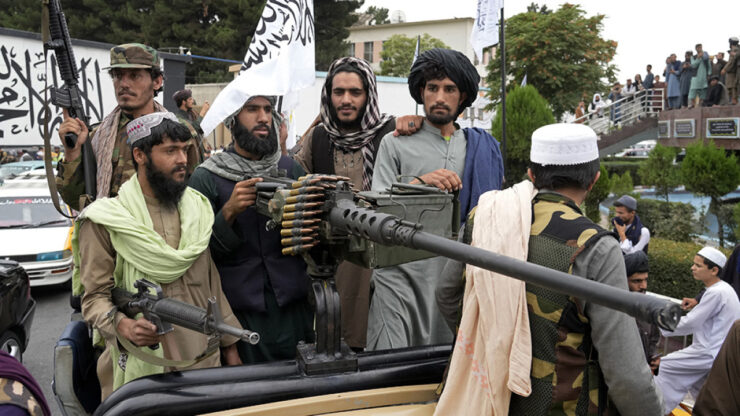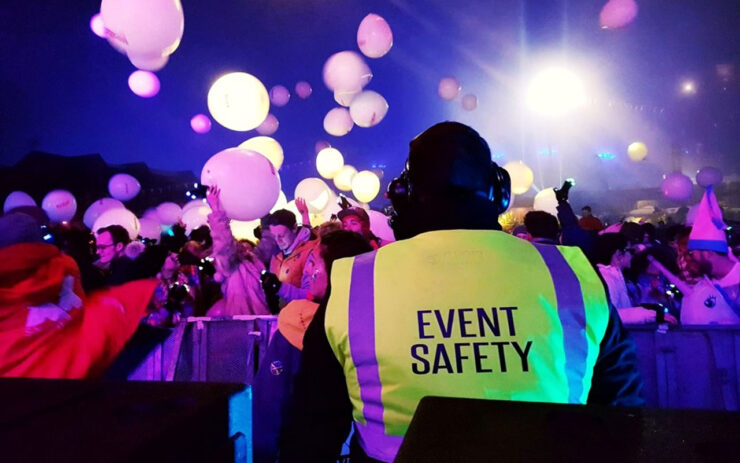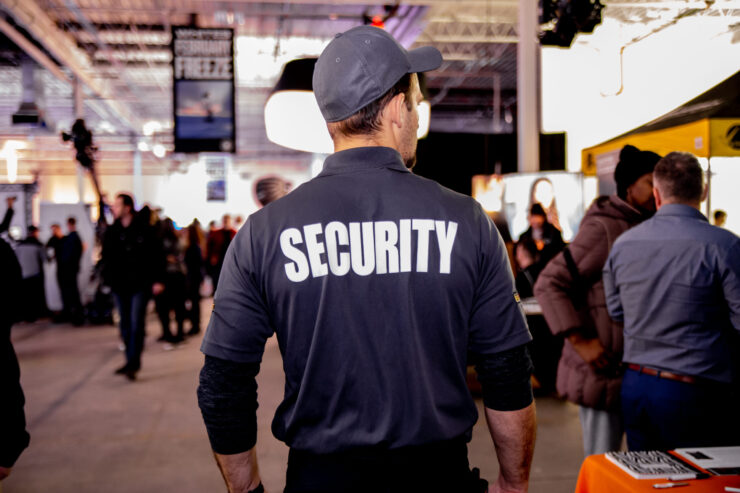Table of Contents
Organizing an event requires careful planning and preparation, including security measures to ensure the safety of all attendees. In today’s world, security has become increasingly important due to the growing number of security threats at public gatherings. Therefore, it is crucial to understand the best practices for event security, from assessing potential risks to implementing effective emergency plans and communication strategies.
Hiring the right agency that will provide you with professionals in this area is also important. There are two options to choose from, armed and unarmed security. If you want to make your guests feel more pleasant and secure at the same time, the option where guards are not wearing uniforms but have weapons might be the right one. There is a great uniformed armed security company that you can find on this site. In this article, we will discuss the essential steps and strategies that event organizers, venue managers, and security personnel can take to create a secure environment for their events.
Detecting Possible Threats
To create a secure environment for any occasion, assessing potential security risks is important. That involves identifying potential threats that could pose a risk to attendees, staff, and performers. Risk assessment should be conducted well before for adequate preparation and planning.
Potential threats include weather conditions, power outages, natural disasters, and human-caused threats like terrorism or violence. A thorough risk assessment should consider the location, expected attendance, and historical data to ensure that all potential threats are identified.
After identifying potential risks, the next step is to develop a risk management plan to avoid these risks. This plan should include specific measures that will be taken to address each identified risk. For example, if there is a potential for severe weather conditions, the plan should outline how attendees will be notified and what steps will be taken to keep them safe. By developing a comprehensive risk management plan, you can ensure that you are well-prepared to handle potential security threats.
Controlling Access

Managing access is critical to maintaining security. Access control measures should be implemented to ensure that only authorized personnel and attendees are allowed into the area. That can include ID checks, bag searches, metal detectors, and security personnel.
The access control plan should be communicated to attendees so they know what to expect upon arrival. Having a clear plan for managing entrances and exits is also essential to prevent overcrowding or bottlenecks, which can pose safety risks.
To effectively manage access, you should consider the number of attendees, the layout of the venue, and the location of entrances and exits. Multiple entrances and exits should be provided for large events to prevent congestion.
Security personnel should be stationed at each entrance and exit to ensure all attendees are properly screened. The use of technology, such as automated ticket scanners or facial recognition software, can also be effective.
Ensuring Safe Movement
Crowd management is another critical aspect of security. You must ensure that attendees can move safely throughout the venue without encountering any hazards. That can include the placement of signage, barricades, and barriers to direct the flow of foot traffic.
In addition, trained professionals should be stationed throughout the venue to monitor people and notice any sign of an issue on time to prevent it. It is also essential to have a clear plan for emergency evacuations in case of a crowd-related incident, such as a stampede.
To effectively manage crowds, you should consider the expected attendance, the venue layout, and the event’s purpose. For example, a music festival may require a different crowd management strategy than a corporate conference. Adequate space should be provided to prevent overcrowding, and attendees should be directed to the appropriate venue areas to prevent confusion.
Preparing For Worst-Case Scenarios

While predicting every potential security threat is impossible, you have to be prepared to handle worst-case scenarios. That involves developing a comprehensive emergency plan that outlines how security personnel will respond to different types of emergencies, such as a fire, a natural disaster, or a terrorist attack.
Before the event, the emergency plan should be communicated to all staff and attendees. Regular emergency drills should be conducted to ensure that everyone knows what to do in an emergency.
Another important thing to consider is the availability of emergency resources, such as medical personnel and equipment. For example, first aid stations should be located throughout the venue, and trained medical personnel should be on standby to assist if needed.
The emergency plan should also outline how attendees will be notified in an emergency and how they should evacuate the venue. All of these things require proper skills and experience, which is the main reason why you should always have professionals hired to take care of security.
Preventing Unauthorized Entry
Screening attendees is also essential, as it helps prevent unauthorized entry into the venue. It is necessary to implement a screening process that includes bag checks, metal detectors, and other security measures to detect prohibited items, such as weapons or illegal drugs.
In addition, trained security personnel should be stationed at each entry point to conduct screenings and prevent unauthorized access. It is also important to have a clear policy for prohibited items and communicate it to all attendees before the start.
To control the screening process and prevent long lines, you should consider implementing advanced ticketing systems and other technologies to facilitate venue entry. For example, some events may use electronic ticketing or RFID wristbands to quickly and efficiently verify attendees’ identities and prevent counterfeiting.
Choosing the Right Agency

As you can see, there are many tasks that can be very difficult for people without any skills and experience to achieve. It is much easier to hire an agency that can provide trained stuff prepared for different occasions. You can consult with them about the choice between armed and unarmed personnel and other details that can make your guests more comfortable and safe.
The Bottom Line
Proper organization is the key for setting a safe event. You have to consider different risks and prevent them or have a plan how to deal with them. A successful event is not just about entertainment but also about the peace of mind that comes with knowing that all necessary measures have been taken to ensure the safety of all.

